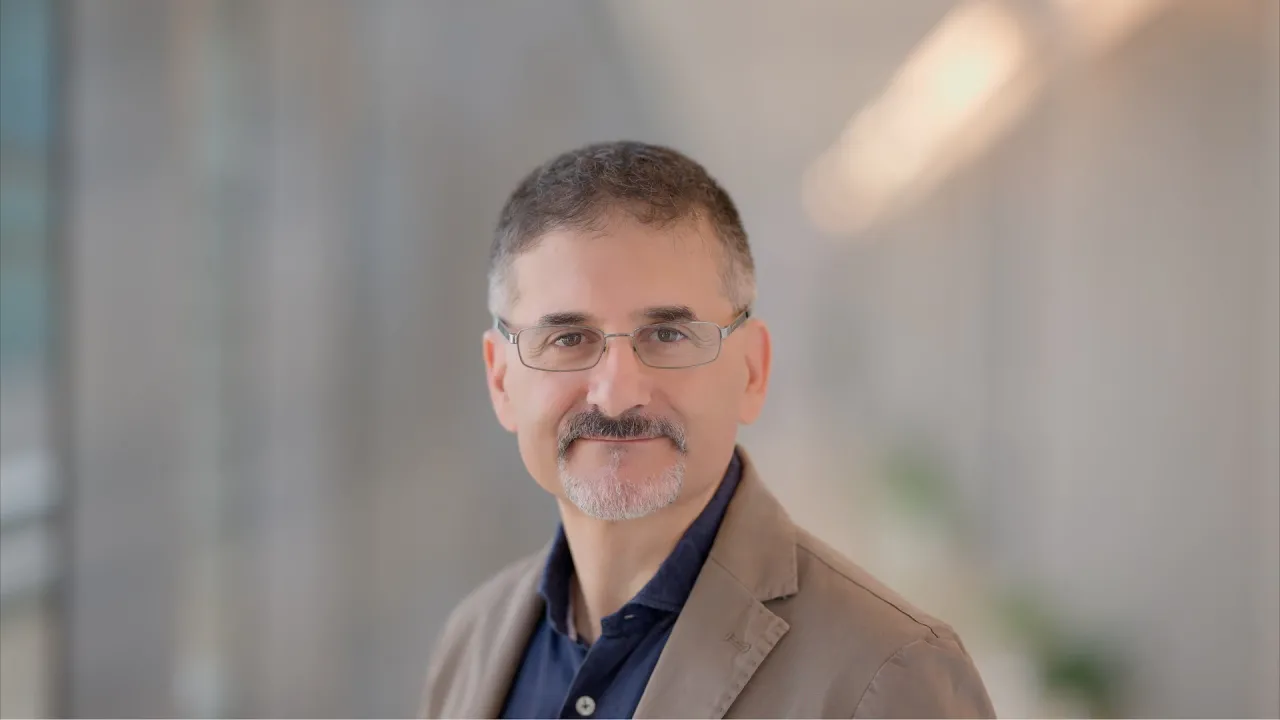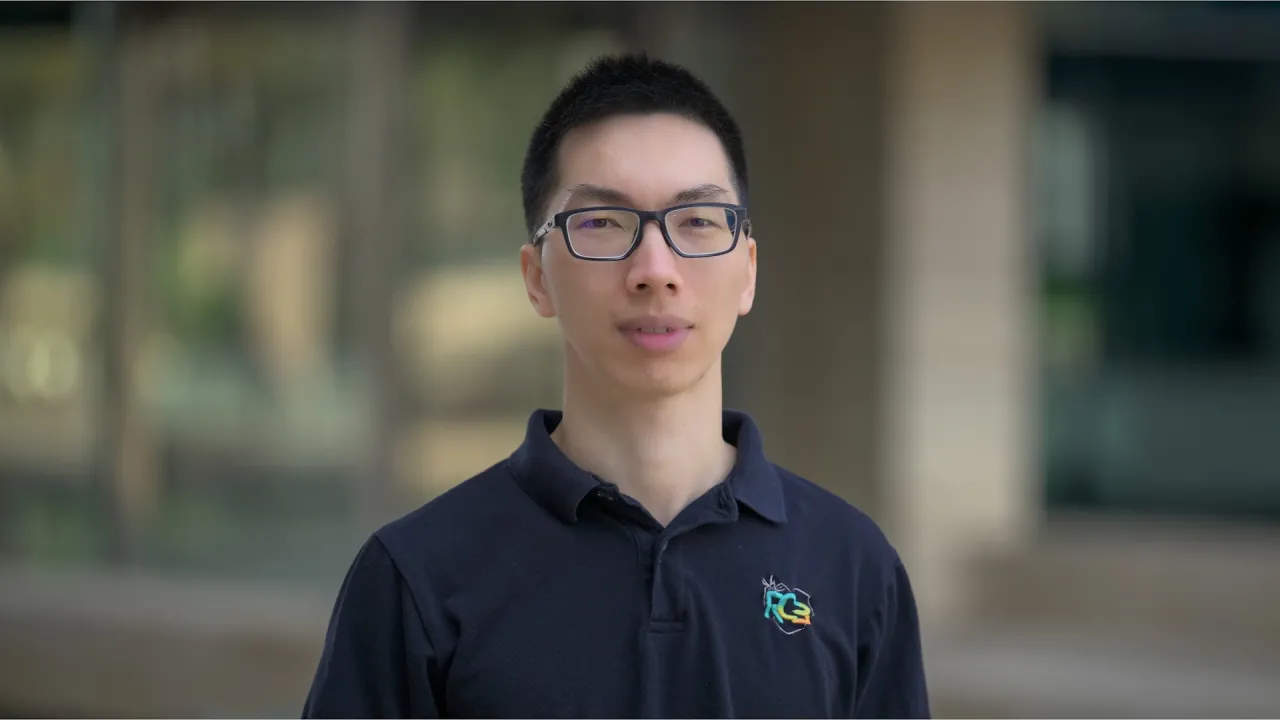Biography
Marc Dacier is a professor of Computer Science at KAUST. He is the principal investigator of the Security Research Bearing Experimental Results (SeRBER) Group. He previously served as a full professor and head of the Digital Security Department at EURECOM.
Dr. Dacier holds a Ph.D. in computer science (European Doctorate) from the Institut National Polytechnique de Toulouse, France, awarded in 1994. He has received numerous scientific awards and has served on over 120 security and dependability conference program committees.
Dacier has had a distinguished career in both academia and industry, working with several notable companies and institutions. His experience includes consulting for France Telecom and roles at IBM Research, Symantec Research Labs and the Qatar Computing Research Institute (QCRI).
At IBM, Dacier was the director of the IBM Global Security Analysis Laboratory, where his group produced the first market product for intrusion detection alert correlation. During his time at Symantec, his team developed an open platform called Worldwide Intelligent Network Environment (WINE) to share operational security data with researchers worldwide, promoting the reproducibility of security experiments. While at QCRI, he served as the founding director of the institute's cybersecurity research group.
He has served on over 120 program committees for major security and dependability conferences and has been a member of the editorial board of several top-tier peer-reviewed technical journals. In 1998, he founded the Research in Attacks, Intrusions and Defenses (RAID) conference (formerly known as Recent Advances in Intrusion Detection), which is ranked as a "Class A" conference by the Computing Research and Education Association of Australasia (CORE).
Research Interests
The internationally recognized expert in cybersecurity, who joined KAUST in 2021, focuses his research on intrusion detection, intrusion tolerance, network security, cybersecurity, threat intelligence and fraud detection.
At KAUST, Professor Dacier and his SeRBER group address network security issues related to the detection of middleboxes—devices that can serve a legitimate purpose in the connection between a client and a server but can also be misused by attackers to commit man-in-the-middle attacks. Another active area of research involves the security of online gaming (e-games, e-sports) and, more broadly, the metaverse. Additionally, they focus on the IoT ecosystem and operational technology (OT) networks, which are of particular interest to the oil and water industries.


